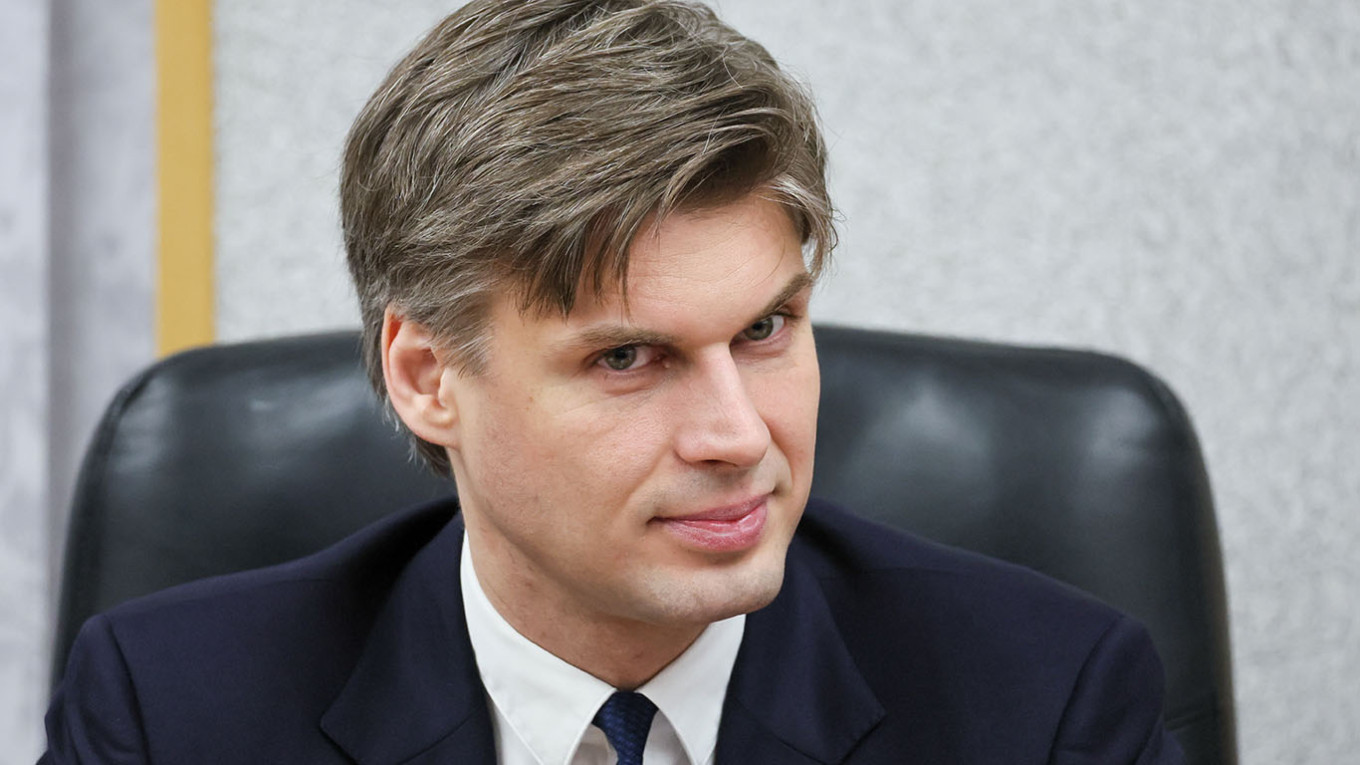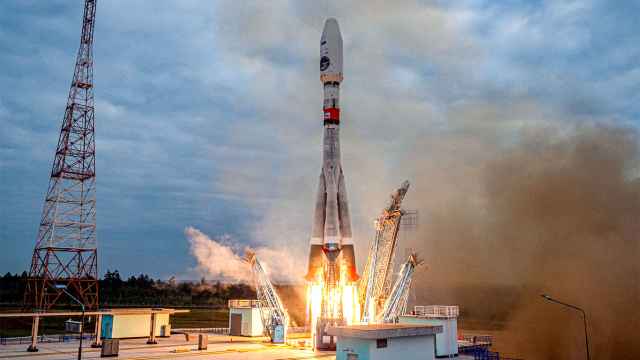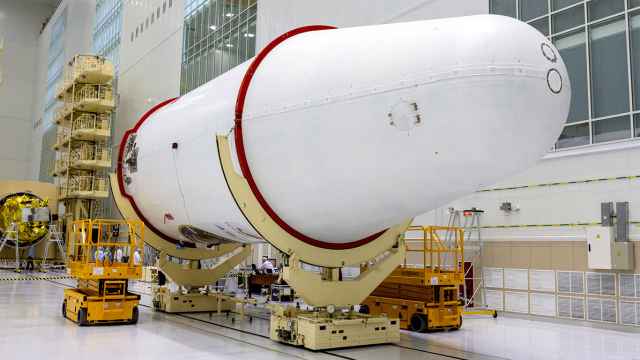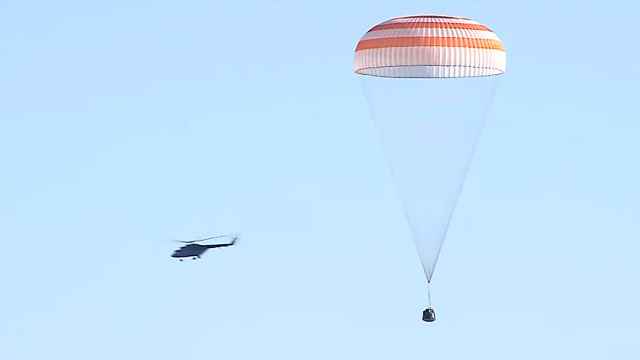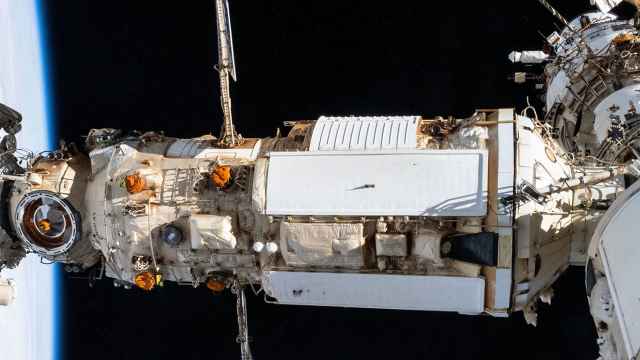Russia is planning to develop a reusable rocket aimed at reducing space launch costs, following the approach pioneered by SpaceX, Dmitry Bakanov, the chief executive of state space agency Roscosmos said in an interview with business daily RBC on Monday.
“Elon Musk's approach has shown that while previous rocket stages were discarded as scrap after initial use, reusing the first stage multiple times has led to significant savings and increased efficiency,” said Bakanov.
The Roscosmos chief also told RBC that the technical specifications for developing Russia's reusable rocket technology were approved in June. Bakanov also estimated that it would be completed in 18 to 24 months.
“Thorough and quality development is of the utmost importance. While it would be possible to attempt a test in the immediate future, the results would not be satisfactory,” he said.
Bakanov also pointed out that, beyond the United States, China and Japan have each developed reusable first-stage rockets.
Currently, most booster stages become uncontrollable after separation and fall either to the ground or into the ocean. Reusable launch vehicles can return to Earth intact so they can be reused.
SpaceX first demonstrated this technology in 2010 with the launch of the Falcon 9 reusable rocket and has since conducted approximately 500 launches, accounting for 99.4% of all attempts.
The previous head of Roscosmos, Yury Borisov, reported in 2024 that Russia was developing a reusable rocket known as Amur-LNG, with a design intended for up to 100 flights.
In June, Japan's Honda completed tests of a prototype reusable rocket. The vehicle reached an altitude of nearly 300 meters before executing a vertical landing. Its development took about four years.
Meanwhile, China's Beijing Space Epoch Technology Co., also known as Sepoch, achieved the first launch and return of a reusable Hiker-class rocket in late May.
The test flight lasted 125 seconds, reached a maximum altitude of 2.5 kilometers and concluded with the rocket landing on a sea platform.
A Message from The Moscow Times:
Dear readers,
We are facing unprecedented challenges. Russia's Prosecutor General's Office has designated The Moscow Times as an "undesirable" organization, criminalizing our work and putting our staff at risk of prosecution. This follows our earlier unjust labeling as a "foreign agent."
These actions are direct attempts to silence independent journalism in Russia. The authorities claim our work "discredits the decisions of the Russian leadership." We see things differently: we strive to provide accurate, unbiased reporting on Russia.
We, the journalists of The Moscow Times, refuse to be silenced. But to continue our work, we need your help.
Your support, no matter how small, makes a world of difference. If you can, please support us monthly starting from just $2. It's quick to set up, and every contribution makes a significant impact.
By supporting The Moscow Times, you're defending open, independent journalism in the face of repression. Thank you for standing with us.
Remind me later.


